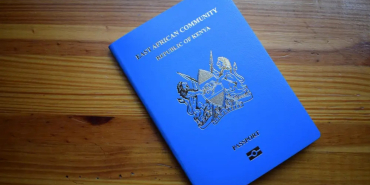Trump Administration Tightens Requirements for Marriage-Based Green Cards

The Trump administration has introduced stricter regulations for marriage-based green card applications.
These changes, encompassing revised application forms with expanded financial disclosure requirements and the reinstatement of mandatory interviews, signal a more rigorous approach to verifying marriage-based residency claims. President Donald Trump has long advocated for stronger immigration controls. While enforcement efforts have largely focused on undocumented individuals, these adjustments to marriage-based green card applications suggest a widening scope, potentially impacting lawful permanent residents deemed to violate immigration laws.
A key modification involves the mandatory use of the latest version of Form I-485, which applicants must now submit when seeking permanent residency. This revised form includes updated terminology and expanded sections, delving into detailed financial records and information on household income, assets, and any public assistance received. Moreover, the application now contains inquiries regarding an applicant’s education, certifications, and professional qualifications.
Immigration attorneys suggest that these measures could discourage applicants with lower incomes or minimal formal education from proceeding with their applications, as they would be viewed as less financially stable.
Another significant change is the reinstatement of marriage interviews, previously waived in many cases during the Biden administration to alleviate processing backlogs. Applicants must now provide substantial evidence demonstrating the legitimacy of their marriage to satisfy the heightened scrutiny.
Legal experts anticipate further policy shifts aimed at enhancing immigration vetting, including potential new requirements for applicants to disclose their social media handles. Some attorneys view the administration's approach as a means of deterring certain applicants rather than solely focusing on fraud prevention measures. For green card holders, maintaining compliance with all residency requirements remains paramount, as failure to do so could result in removal proceedings.
Cases such as that of Palestinian activist Mahmoud Khalil highlight the broader implications of the administration’s stringent enforcement efforts.














Add new comment